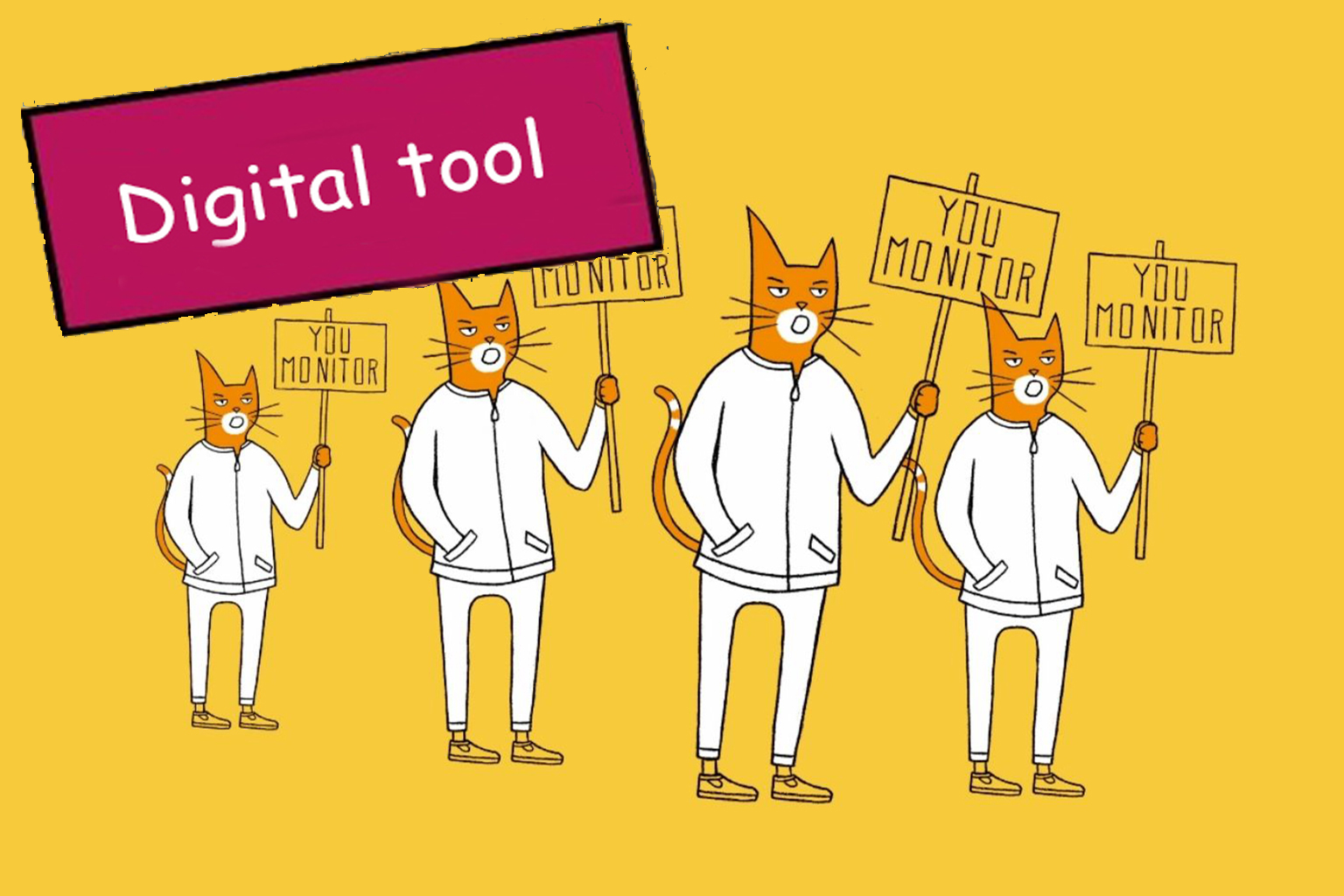Understand
Having explored collective wants and needs, it is time to identify an issue and start collecting ‘good questions’, which means gathering all the doubts, curiosities, and uncertainties about it. People in your group may be interested in knowing something more about who is responsible for the problem, who is in charge of decisions about the issue, how the decision-making process has been developed, why this is the result, what costs are involved, and what they can do to improve the situation.
Good questions should be guided by the will to know and to keep an eye on what is happening, in order to prevent and avoid, or eventually to expose the abuse of delegated power (see call to refl-action 4).
Experience
To guide the youth in this step, you do not need to be an expert on the topic. On the contrary, you should follow the group’s desire to learn something more and try to unite their efforts with other people concerned about the same issue. With their help, your group will probably be able to set up a participatory analysis of the context and engage other people in collecting some preliminary knowledge on the topic. This is necessary for understanding whether some useful or necessary information is still missing.
Deciding what to monitor means narrowing down the scope as much as possible. If the youth’s topic of interest is the environment, you should get into the specifics of what you want to monitor: the municipality’s environmental policies? The quality of the air we breathe? Waste and recycling management?

